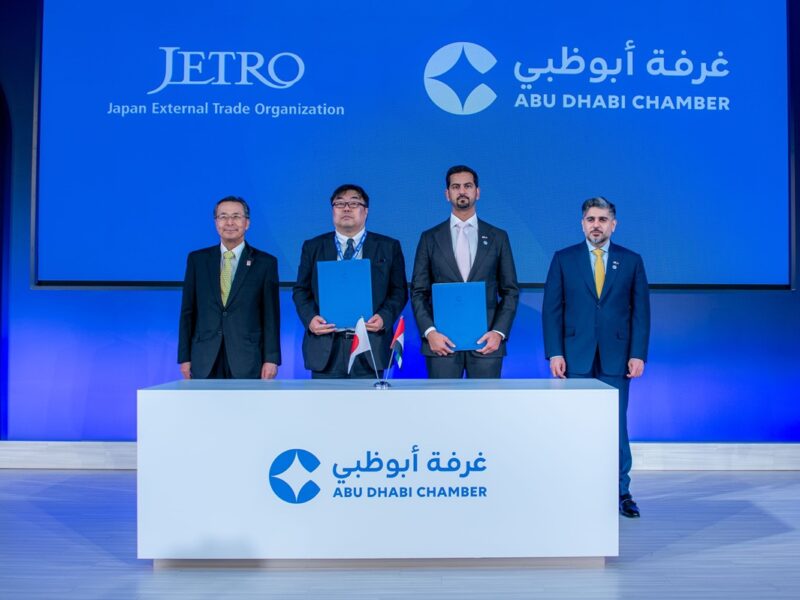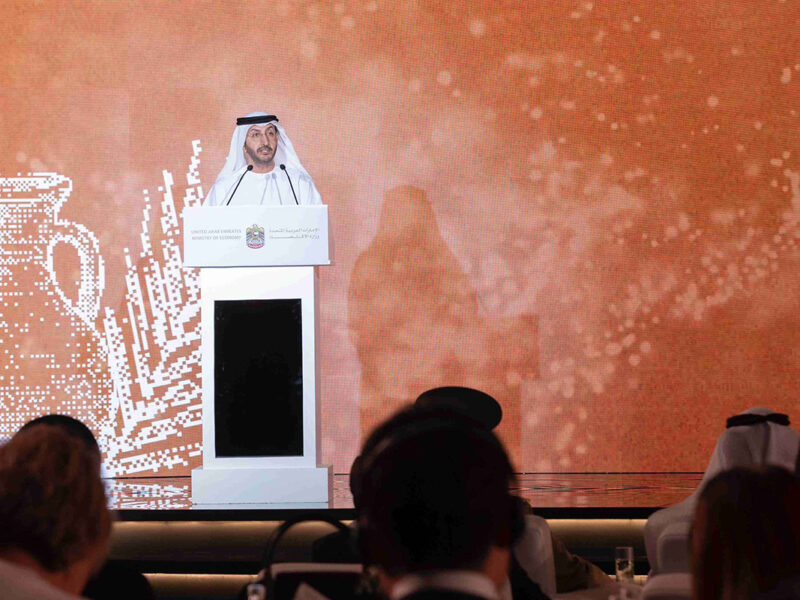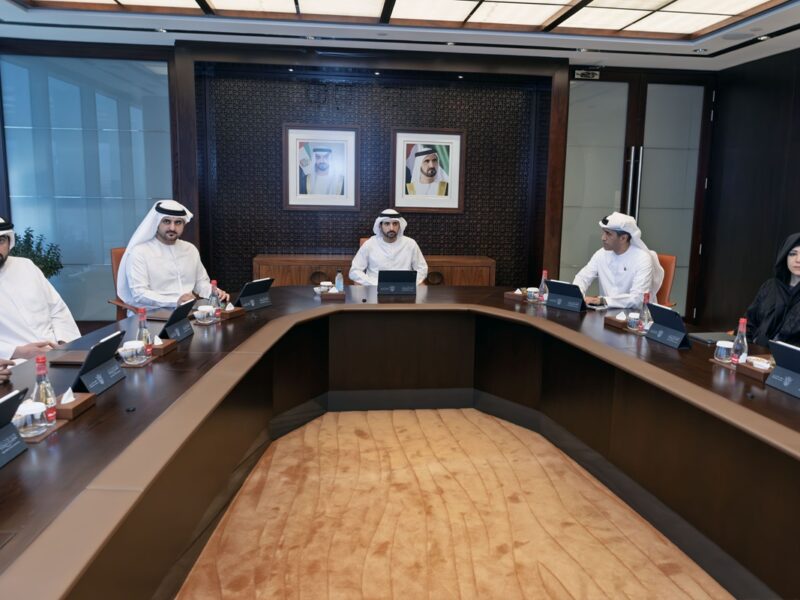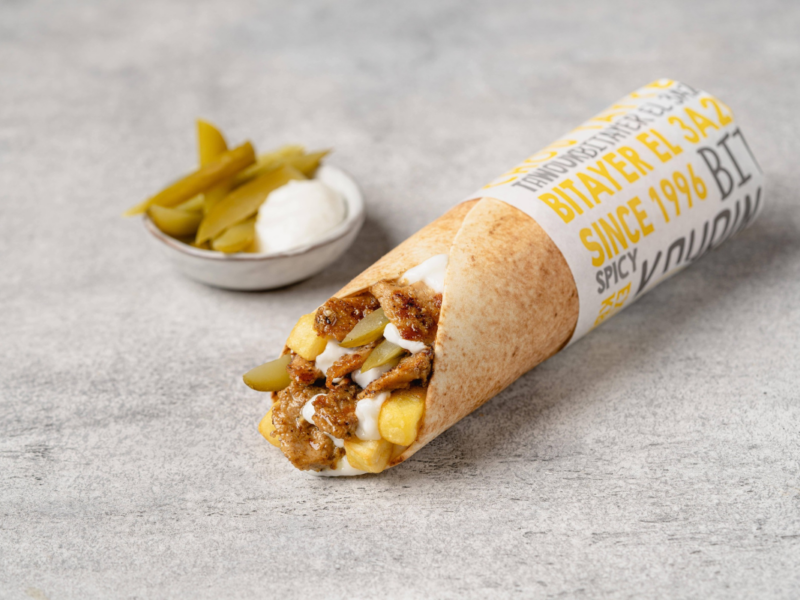Gulf countries will spend $53.1 billion (AED194.87bn) in 2020 on food imports due to an increasing population and influx of tourists, according to a new report.
In a report on the GCC food sector, investment bank Alpen Capital said the six-nation bloc spent $23.6bn (AED86.61bn) in 2014, but no figure was given for 2016.
Food consumption in the region is expected to increase at compounded annual growth rate (CAGR) of 4.2 percent from an estimated 48.1 million metric tonnes (MT) in 2016 to 59.2 million MT in 2021, the bank said.
At the same time, population will increase by 6.5 million between 2016 and 2021, growing at a CAGR of 2.3 percent from an estimated 53.9 million last year to 60.5 million in 2021, it added.
Speaking to Arabian Business, Mahboob Murshed, managing director, Alpen Capital (ME) Limited, said the food prices are on the rise in import-dependent GCC and the introduction of five percent value-added tax (VAT) from January 2018 will further lead to price increases.
“One thing is happening for sure and it is food inflation. But when VAT comes in, prices will rise by at least five percent,” he said.
In February last year, Obaid Humaid Al Tayer, UAE Minister of State for Financial Affairs said the country will exempt 100 food items, healthcare and education from VAT. The government is, however, not released the exempted categories.
Murshed said the removal of subsidies on utilities will increase costs for food processing, food storage and canning industry, which will impact the purchasing power of consumers.
The investment bank also said the GCC nations are susceptible to global food price shocks due to their high import dependency, but have insulated consumers against hikes by providing direct/indirect subsidies, and fixing prices of essential items.
After the surge of food prices in 2008 and several food exporting countries implementing export restrictions to meet domestic demand, the import-dependent GCC nations have been working to secure food supply for the future.
At present, the UAE and Saudi Arabia are focussing on safer havens such as Eastern Europe, Australia and Americas after having invested in farmlands in unstable countries Syria, Tunisia, Sudan and Egypt, the bank said.









